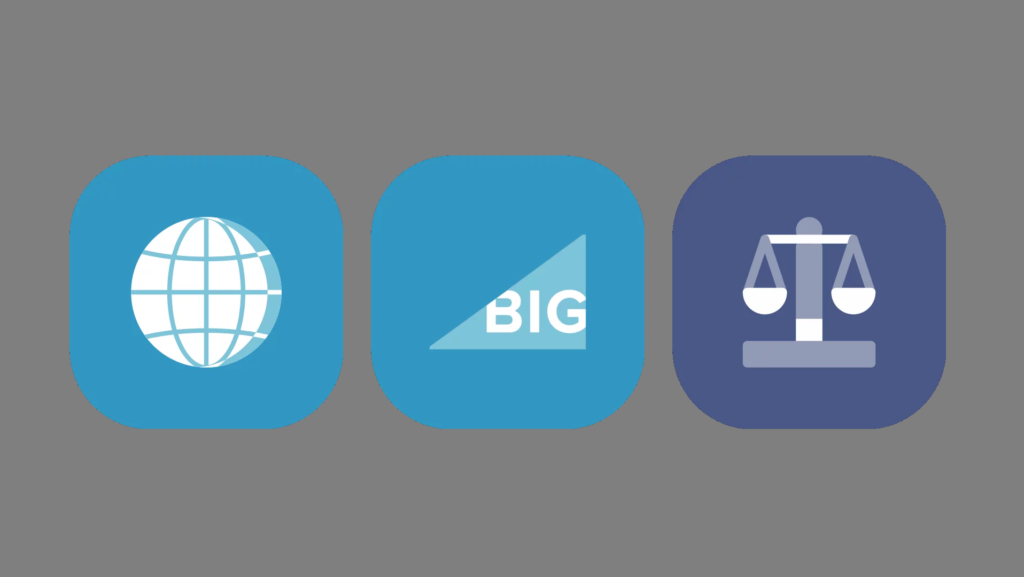Time management is a crucial skill that can significantly enhance your productivity. Mastering it not only helps you accomplish more in less time but also reduces stress and increases your overall satisfaction. In this article, we'll explore effective strategies and techniques to help you manage your time better, enabling you to achieve your goals efficiently.
Understanding Time Management
What is Time Management?
Time management refers to the process of planning and exercising control over the amount of time spent on specific activities. Good time management enables you to work smarter—not harder—so you can get more done in less time.Why is Time Management Important?
Effective time management leads to Master Time Management for Maximum Productivity improved efficiency and productivity. It helps you prioritize tasks, focus on essential activities, and achieve your goals. Additionally, it reduces stress and allows for more free time.Setting Clear Goals
Define SMART Goals
To effectively manage your time, start by setting SMART goals—Specific, Measurable, Achievable, Relevant, and Time-bound. This approach provides clarity and focus, guiding your daily activities.Break Down Your Goals
Once you have your SMART goals, break them down into smaller, manageable tasks. This makes the goals less daunting and allows for a step-by-step approach to achieving them.Prioritizing Tasks
Use the Eisenhower Matrix
The Eisenhower Matrix is a powerful tool for prioritizing tasks. It divides tasks into four categories based on urgency and importance: Urgent and Important: Do these tasks immediately. Important but Not Urgent: Schedule these tasks for later. Urgent but Not Important: Delegate these tasks if possible. Neither Urgent nor Important: Eliminate these tasks.ABC Method
Another effective method is the ABC prioritization technique, where you categorize tasks as:- A: Must do
- B: Should do
- C: Nice to do
Creating a Time Management Plan
Daily and Weekly Planning
Creating a daily and weekly plan can significantly enhance your time management skills. Dedicate time at the beginning of each week to outline your tasks, deadlines, and priorities.Time Blocking Technique
Time blocking involves dividing your day into blocks of time, each dedicated to specific tasks. This method helps you stay focused and limits distractions. Use tools like calendars or planner apps to visualize your schedule.Managing Distractions
Identify Your Distractions
To manage your time effectively, identify what distracts you most during your work. Common distractions include social media, emails, and multitasking.Implement Strategies to Minimize Distractions
- Turn Off Notifications: Disable notifications on your phone and computer to stay focused.
- Create a Dedicated Workspace: Designate a specific area for work to help you concentrate.
- Set Boundaries: Communicate your work schedule to others to minimize interruptions.
Utilizing Tools and Resources
Time Management Apps
There are numerous time management apps available that can help you stay organized. Some popular options include:- Trello: For project management and task tracking.
- Todoist: For creating to-do lists and setting reminders.
- RescueTime: To track how you spend your time online.

